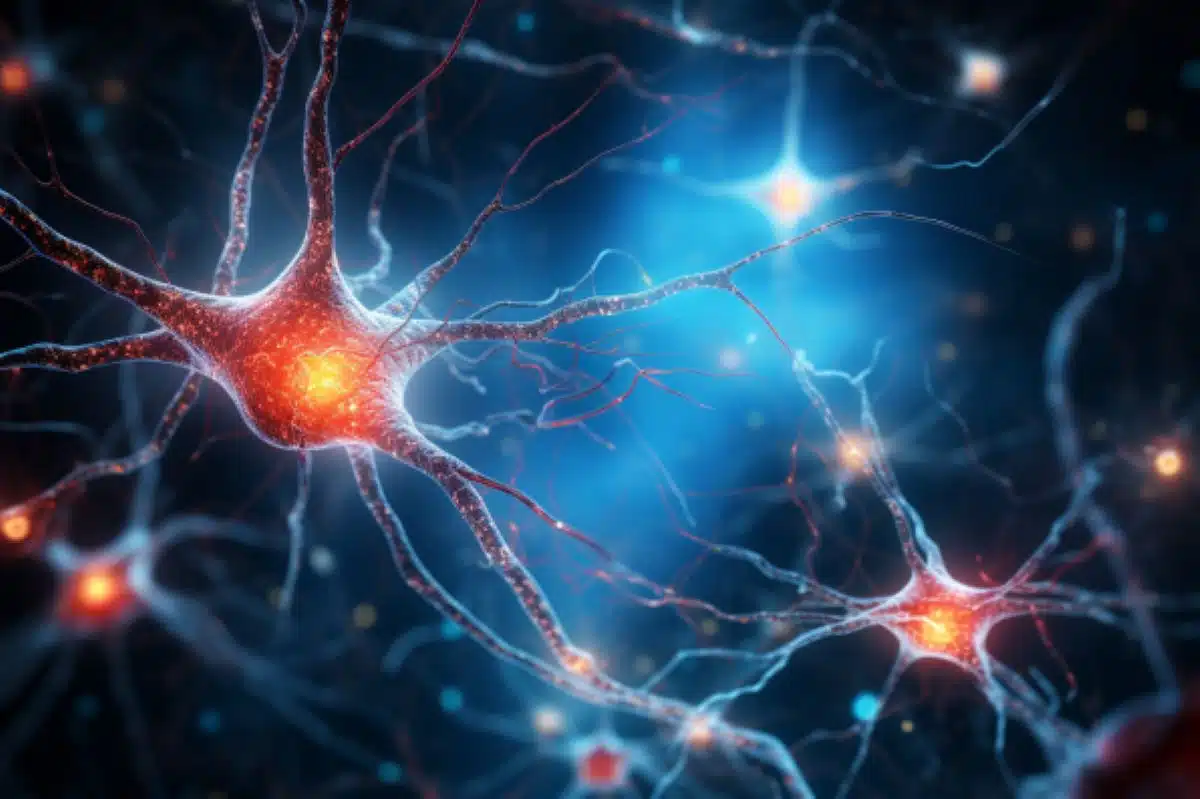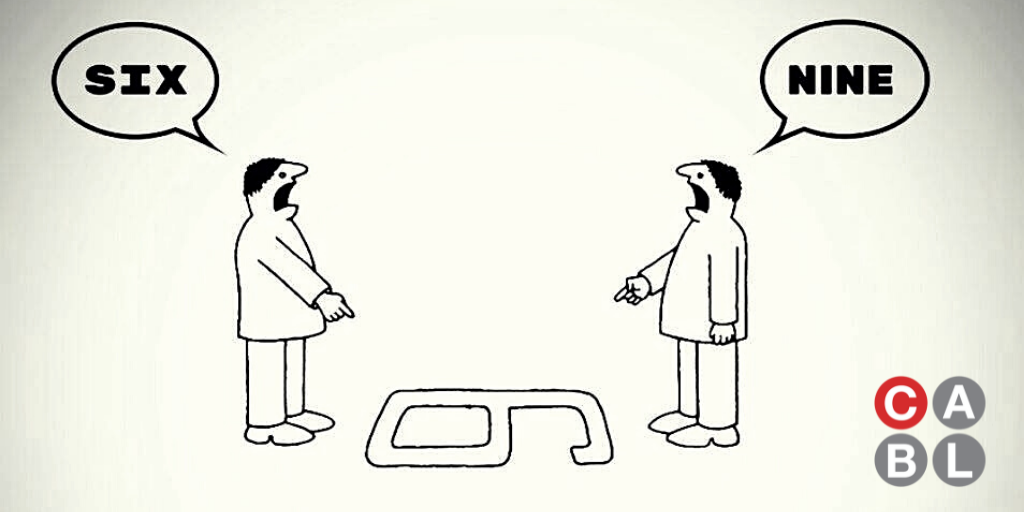Go Big Read’s Favorite Quotes from How Minds Change
Blog written by: Jewell Petrowitz, Go Big Read Student Assistant
Each year the Go Big Read program strives to go above and beyond choosing a “good book” for the largest common book program in the country. A Go Big Read title should appeal to people of diverse backgrounds and inspire the Madison community to engage in meaningful dialogue. The 2023-2024 Go Big Read, How Minds Change by David McRaney, accomplishes just that with its broad range of topics and well-researched examples. This book investigates why some people never change their minds—and others do almost instantaneously. This book spans topics from LGBTQ+ rights to 9/11 conspiracy theories, and as a result has ignited many brain-bending and mind-changing discussions. As I read through the book, I made note of the quotations that I had a strong reaction to emotionally, and in some cases even played a role in changing my own mind. Below are those quotes, each followed by a short reflection by me, the Go Big Read Student Assistant.

“The world, as you experience it, is a virtual landscape of perpetual imagination and self-generated illusion, a hallucination informed over our lifetimes by our senses and thoughts about them, updated continuously as we bring in new experiences via those senses and think new thoughts about what we have sensed.” (McRaney, 59)
Prior to beginning his career as an author, David McRaney graduated college in 2007 with a degree in journalism. He took many psychology courses in college, and it was those very courses that inspired some of the writing in his book. He explains that we can visualize the thoughts in our brain as a giant tree branch-like network that reacts to our perceptions of what happens around us. Subsequently, differences in perception create different thoughts, preferences, and opinions about the world around us–something that McRaney found to be the root of many disagreements.

“According to neuroscience, that’s what mind change really is: a learning machine incessantly and simultaneously burning in and sanding away encoded information.” (McRaney, 93)
One of my favorite things about this year’s Go Big Read was how McRaney wrote about complex scientific topics, like neuroscience, in a conversational and accessible manner. Our thoughts require a lot of complicated work between neurons in our brains, but McRaney breaks down the complicated processes of the brain in an accessible way. Our minds are more likely to change as we learn and replace old information with new information. Our brains can constantly reconfigure stored information, and we can all change our minds (despite how it sometimes seems).

“When we don’t know what we don’t know, at first we see only what we expect to see, even when what we see doesn’t match our expectations.” (McRaney, 106)
This excerpt showcases McRaney’s ability to explain how minds change in in plain words. McRaney is explaining the concept of confirmation bias in layman’s terms. Confirmation bias is our tendency to favor information that aligns with their preconceived beliefs. When we experience confirmation bias, we see what we want to see, which can skew our perception of reality and limit our ability to critically evaluate what is happening around us. Confirmation bias is so powerful that it can inhibit us from changing our minds, even after we are presented with evidence that disproves our opinion. Overcoming our biases is a major step towards changing our minds. Read McRaney’s book to learn about strategies to recognize and overcome our own biases and engage in meaningful conversations that challenge the biases of others.
“‘Social death is more frightening than physical death.’” (McRaney, 165)
Note: McRaney is quoting Brooke Harrington here.
This past Fall, McRaney explained at the Go Big Read keynote event that our brains are afraid of being wrong, and we will resist change until we feel the need to update our information. Another barrier in accepting that we are wrong is the social component of information; humans group together based on similar thoughts and opinions. Our brains subconsciously prioritize being “in” with everybody else, preferring social relationships to isolation. Human nature causes our brains to place an immense focus on social acceptance. Based on this premise, readers can conclude that our brains will resist change if we perceive that change as a threat to our social identity. Brooke Harrigton is an economic sociologist whose studies center around political and economic inequality.
“Despite a fragmentation of beliefs, individuals aren’t motivated to argue with one another. Everyone is advancing everyone’s ideas, even if they don’t agree.” (McRaney, 179)
In this quotation, McRaney addresses two major points of contention in our society today: increasing polarization and demand for, or resistance to change. Despite there being such a wide variation of beliefs, human beings are not innately looking to disagree with each other. We might see heated arguments in every X (formerly known as Twitter) thread or perceive that people want to disagree with us, but as individuals, we are not motivated to argue with one another. In addition to this point, it is also important to note that as unproductive as some arguments may feel, the process of arguing advances our understanding by showing us different perspectives. Arguments are a vital part of progress.

“If people couldn’t change their minds there would be no point in bringing arguments forward.” (McRaney, 198)
Note: McRaney is quoting Hugo Mercier here.
This quote by cognitive psychologist and author Hugo Mercier stood out to me because it is such a simple sentence, but it provides a hopeful message for an increasingly ignorant and polarized world. The entirety of McRaney’s book covers the innate plasticity of the human mind and the ability in each one of us to change our own minds. As McRaney likes to say, “no one is unreachable.” Arguing, or having discussions with people of different opinions, perspectives, and backgrounds, is the most effective way to exchange ideas and knowledge. Without arguments there would be no moving forward for us as people.
If any of these quotes changed your mind about wanting to read the 2023-2024 Go Big Read How Minds Change by David McRaney, visit the Go Big Read website and request a copy today.